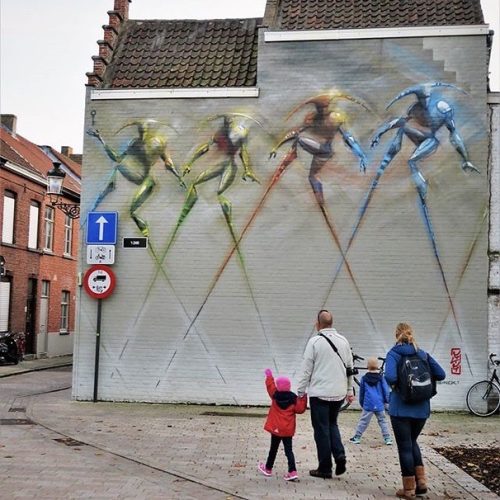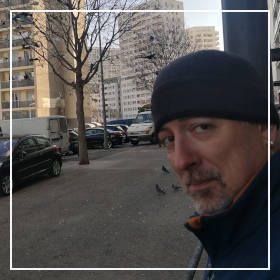Last year, the Allegra Lab began a thematic thread showcasing a selection of the wonderful “academic fictions” written by students as an assignment for the course on “Cities, Conflict, and Development” that I teach at the Graduate Institute of International and Development Studies, in Geneva, Switzerland. Inspired in particular by the anthropologist Margery Wolf’s famous 1992 book, A Thrice-Told Tale, where she presents and analyses the differences between a short story, fieldnotes, and a social science article that she has written about the same events that took place during her research in Taiwan, I had set students the task to choose an article from the course syllabus, and to re-write it as a 1,500-word short story or poem, along with a 500 words appendix explaining how and why they went about writing their short story or poem.
The idea of the exercise was to experiment with a different form of representation and explore how to best convey a point or particular experience. Fiction is arguably a critical medium in this respect, for several reasons. On the one hand, as Michel Foucault pointed out in his famous essay “What Is an Author?” (1984), those texts that we today categorize as “literary fiction” – stories, poems, plays – were in fact once accepted as the primary media for the expression of essential truths about human dilemmas and understandings of the world, in the same way that in this day and age positivist scientific discourse is received as authoritative pro forma. As such, it is perhaps not surprising that some of the most powerful works of social science, such as Sir Thomas More’s famous Utopia (1516), for example were written as “a fiction whereby the truth, as if smeared by honey, might a little more pleasantly slip into men’s minds” (More, 1964: 251). On the other hand, historically the role of literature has always been not only “to delight” but also “to teach”, as was pointed out by the Roman poet Horace over two thousand years ago. Seen from this perspective, the distance between fiction and social science is not necessarily all that great.
I am extremely pleased that the Allegra Lab has accepted to continue last year’s thematic thread and showcase a series of new original and evocative student assignments from this year. These include a poem, two short stories, a (fictional) gaming review, a play, and an epistolary fiction. As with the assignments presented last year, the starting point for each of these is an academic article from the course syllabus, and more specifically some element of the latter that struck the contributors to this thread as either particularly important or, alternatively, sub-optimally represented in the original article. In different ways, their contributions seek to put these forward more vividly, more revealingly, more forcefully, or from a different angle, in order to make us think and re-think about them. In all cases, however, the reader is transported, challenged, and made to think about critical urban issues, examples, and representation in new ways.
Pieces showcased:
‘A ballad of Kochi’ written by Parvati Dhananjayan
‘Morumbi and Paraisópolis: A Four-Act Play’ written by Feng Xinqi
‘‘Call to Arms: Silver and Lead’ Campaign Review’ written by Tanner Gonzales
‘2084’ written by Sara Emilie Lafontaine
‘Dear Yaye’ written by Larissa Mina Lee
‘Bend like a Willow Tree’ written by Emmeline Rumpf
Featured image by STS Stanz Jasta crew, courtesy of Flickr.





